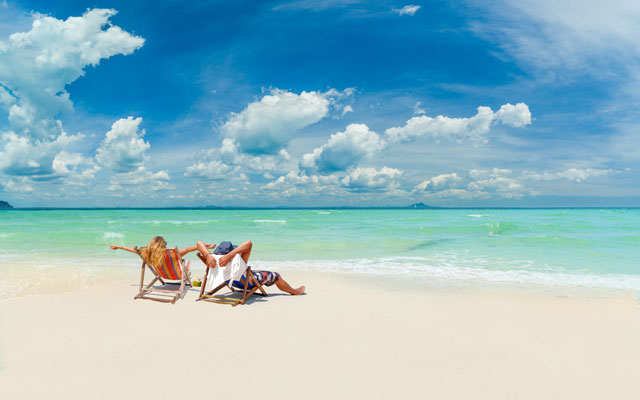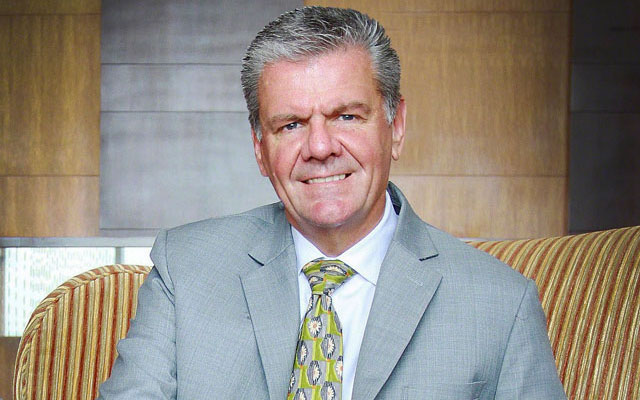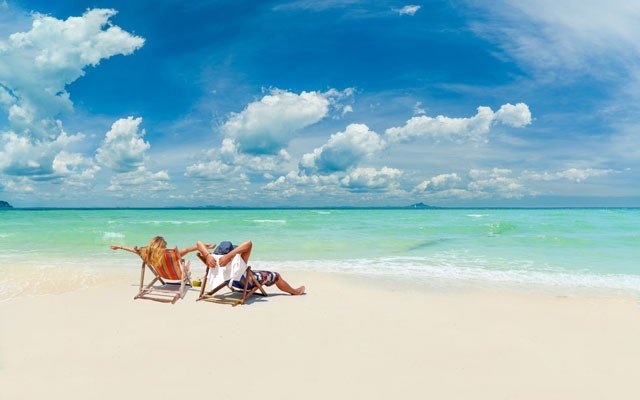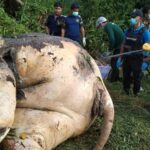- First step towards return of international tourists
- Visa appears to benefit mostly expatriates and ‘snowbirds’, and not the wider tourist demographic
- 14-day quarantine requirements could discourage takers but benefit certified quarantine hotels
The Thai Cabinet’s decision on Tuesday to in-principle approve a special long-stay tourist visa has drawn criticism about the programme’s limited true benefit to the country’s devastated travel and hospitality industry, although some have acknowledged it as good first step to international tourism recovery.

The special tourist visa (STV) scheme would cost 2,000 baht (US$64) for 90 days and be renewable twice for a total of 270 days. Visitors would need proof of long-stay plans, such as paid accommodation or evidence of property ownership; doctor’s appointments for medical tourists; a certificate to prove they are Covid-19-free; and have sufficient travel and health insurance.
Marisa Sukosol, newly appointed president of the Thai Hotels Association, said the STV was “the first step that we need to take for the survival of the hotel economies here in Thailand”.
Although the Thai government has lifted restrictions for 11 groups of people in Thailand, including families and business executives, the country remains out of bounds to international tourists.
C9 Hotelworks’ founder Bill Barnett, who remains “cautiously optimistic” about the programme, said implementation would take time since the scheme was proposed by the Ministry of Tourism and Sports and would need to be vetted by other ministries.
Others in the trade are less optimistic, saying that the STV is more suitable for long-stay expatriates who lack the spending habits of tourists, as well as ‘snowbirds’ – travellers seeking warmer holidays to escape winter at home – who now have other, cheaper and possibly more appealing options.
Trade players have also questioned the plausibility of the scheme’s financial targets.
“Although they are only expecting 1,200 foreigners per month, the Thai government is expecting a payout of around one billion baht per month, which seems excessive particularly if the foreigners spend the whole time with family or friends,” tweeted British travel blogger Richard Barrow.

BTM Services hospitality and leisure travel consultant Chris Bailey remarked: “The STV is certainly a step in the right direction, specifically in getting the Thai population comfortable and accepting of the reopening of their borders to foreign visitors. But that’s about where it ends.
“By pure mention of two to three flights per week and select programme participants from hospitality, (I’m not certain) how will this go anywhere near helping the wider hospitality sector and tourist companies survive in their current precarious state.”
Focus on trace-and-track preferred
To qualify for the STV, travellers must comply with a 14-day quarantine along with measures set by the Ministry of Public Health of Thailand.
However, as long as quarantine requirements remain, Andre van der Marck, founder and managing director of Travel Exclusive Asia, believes that the scheme does not represent a “serious reopening of the country”.
He added that it is critical that the Thai government establishes “stringent test measures” or “a mechanism that allows numbers to return from certain markets, like what’s happening in Europe now”.
Emphasising that a careful approach to bringing tourists back into Thailand is needed, Anthony Lark, president of the Phuket Hotels Association, said: “As long as there is a safe, well managed process to ensure these guests are Covid-19 free, we support and appreciate this and other ideas to open the doors to visitors, especially to those from relatively safe countries like Taiwan and New Zealand.”
Meanwhile, the compulsory quarantines for travellers holding the STV may provide a much needed lifeline to accommodation suppliers. The scheme allows STV holders to choose a state quarantine, an alternative state quarantine or hospital quarantine.
Barnett said tapping the quarantine market could boost hotel occupancies, many of which are currently running in the single or low double digits, by 300 to 400 per cent. He observed at least 80 hotels in Phuket and 100 more in Bangkok had in August applied for the alternative local state quarantine and alternative state quarantine certifications.




